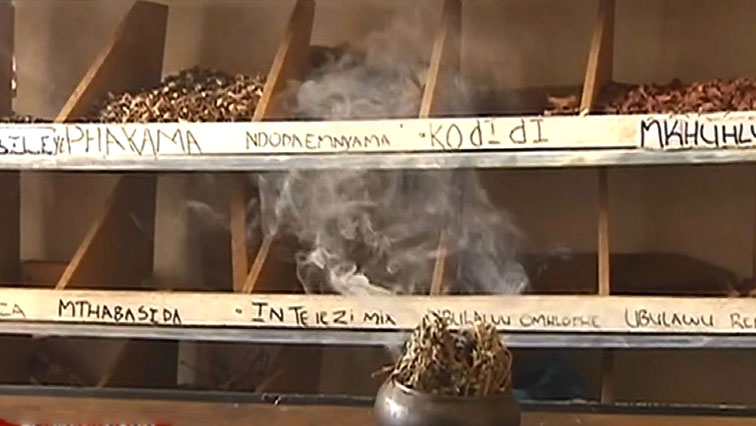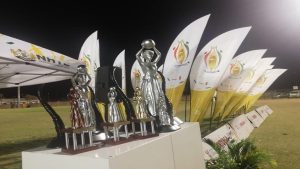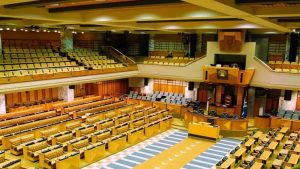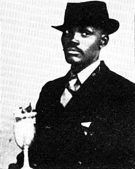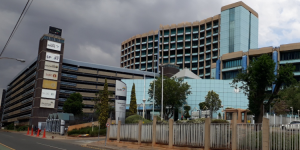As South Africa celebrates Heritage Month, cultural diversity, traditions and customs continue to play a pivotal role in advancing social cohesion. Traditional healing is mainly practiced by African people, but others are also showing interest.
In Port St Johns, there are others from white communities who are heeding the call to become traditional healers. They undergo spiritual training together with the African traditional healers. They come together to have a collective spiritual healing through their ancestors.
Cultural diversity manifests in different forms. It embraces traditions, rituals and customs. It makes space for people irrespective of their cultural background. The participants believe this ancestral calling has proven to be non-racial.
The goal is to provide spiritual and traditional medicinal healing and dancing in unison to the drumbeats.
Nombethongo Tutsu, a Maskandi artist, says blacks and whites coexist under the common ancestral calling.
“There is no boundary when it comes to the ancestors. It’s not a cultural thing. It’s not a culture. It’s a calling. The culture is whereby amaMpondo would dress in such a way, amaXhosa would dress in such a way and they would do rituals in a certain way of doing such things. But a calling is all about the dreams that you get from your adults, your own ancestors that drive you. They give you the path; they give you the directions. So, you cannot call this a culture. This is the calling of the ancestors,” says Tutsu.
Rod Suskin says the ancestral calling is non-racial and non-sexist. He is now known as Makhosi Mfundisi
“I might learn Xhosa dancing and Xhosa songs and Xhosa cultural practices, but those are just tools to connect me with spirits. The African people still have tools to connect us with spirits. But spirits and the practices of ubungoma are from everybody and once we use the cultural tools – singing and dancing to get there – we are connected with spirits. All human beings come from the same spirit; all human beings serve the same spirits. We have many tools to get there and as human beings, I am very grateful that the African people have shared with me their tools, but their culture is still their culture; my culture is still my culture and izangoma still belongs to all of us,” says Makhosi Mfundisi.
Tutsu believes this has the potential to promote social cohesion in the country.
“It does not matter what race you are, but you can be called by the ancestors. But I think the confusion that comes, it comes from the point that of like the other cultures, I (heard) of this … I am not sure how accurate this information is, that some of the communities like white communities and Indians were not allowed to act rituals,” Tutsu added.
Nomaza Mdingi, a radio personality, is still young but has heeded the ancestral calling.
“Let us allow all people from all walks of life, from all races to embrace themselves, even if it’s white people from the other side of the world or Indians or whoever they are because God is universe and universe is God, and he reveals himself to us in different ways for us to heal, unto ourselves and our family,” says Mdingi.
Professor Nokuzola Mndende from the Icamagu Institute says everybody has ancestors.
“Everybody has got ancestors irrespective of race, colour, or class. The term diviner for instance is in English. Some people are talking about clairvoyants. Some are talking about psychics; sangomas, amagqira is one and the same thing. Otherwise the divination has got no colour, boundaries, no class boundaries, no race boundaries, no gender boundaries. It is all over,” says Professor Mndende.
The students believe that culture is the widening of the mind and spirit.
Heritage Day | Discussing the significance of the day:


